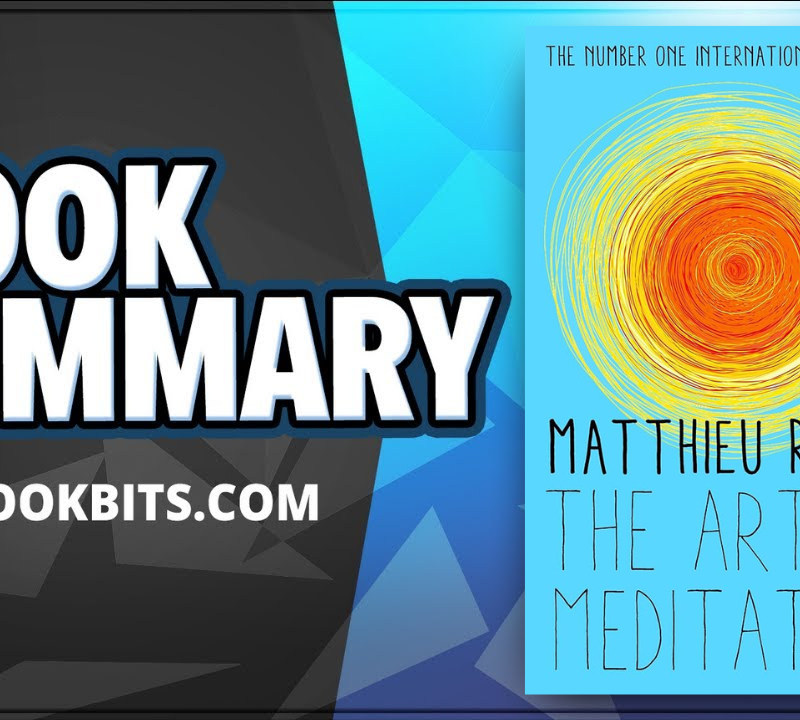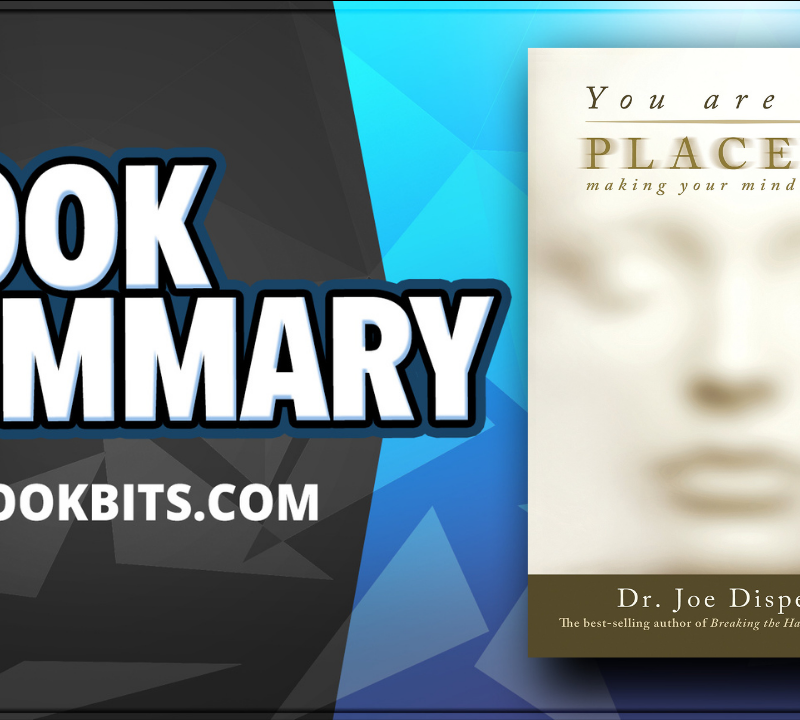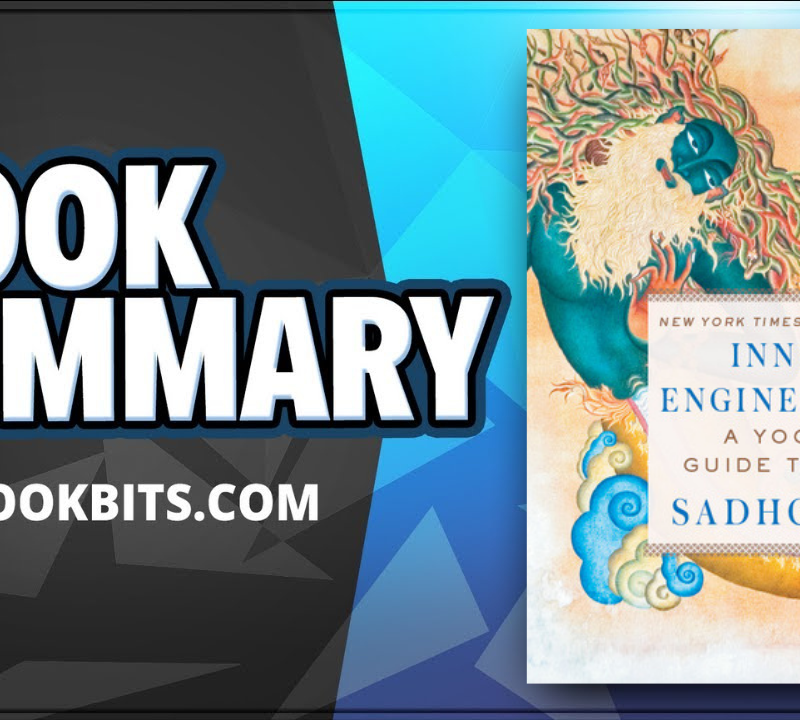< DOWNLOAD THIS SUMMARY IN PDF HERE >
< FOLLOW US HERE > |YouTube |Spotify | Instagram | Facebook | Newsletter | Website
Living with the Monks: What Turning Off My Phone Taught Me about Happiness, Gratitude, and Focus by Jesse Itzler
Equal parts memoir and road map to living a less stressful and more vibrant life, bestselling author Jesse Itzler offers an illuminating, entertaining, and unexpected trip for anyone looking to feel calmer and more controlled in our crazy, hectic world.
Entrepreneur, endurance athlete, and father of four Jesse Itzler only knows one speed: Full Blast. But when he felt like the world around him was getting too hectic, he didn’t take a vacation or get a massage. Instead, Jesse moved into a monastery for a self-imposed time-out. In Living with the Monks, the follow-up to his New York Times bestselling Living with a SEAL, Jesse takes us on a spiritual journey like no other.
Having only been exposed to monasteries on TV, Jesse arrives at the New Skete religious community in the isolated mountains of upstate New York with a shaved head and a suitcase filled with bananas. To his surprise, New Skete monks have most of their hair. They’re Russian Orthodox, not Buddhist, and they’re also world-renowned German shepherd breeders and authors of dog-training books that have sold in the millions.
As Jesse struggles to fit in amongst the odd but lovable monks, self-doubt begins to beat like a tribal drum. Questioning his motivation to embark on this adventure and missing his family (and phone), Jesse struggles to balance his desire for inner peace with his need to check Twitter. But in the end, Jesse discovers the undeniable power of the monks and their wisdom, and the very real benefits of taking a well-deserved break as a means of self-preservation in our fast-paced world.
Book Summary
Everyone wants to live on top of the mountain, but all the happiness and growth occurs while you’re climbing it.
Putting things off can often lead to regret. Acting now is often the difference between success and failure. You can’t outsmart time but you can learn to maximize it.
You can’t get growth unless you take action.
The greatest challenge in life is discovering who you are, the second greatest is being happy with what you find.
The Daily Schedule at the Monastery
- 7:15-8:15 – morning prayer
- 8:30 – silent breakfast
- 10:00-12:15 – work
- 12:30 – dinner
- 1:00 – reflection
- 2:00-5:00 – work
- 5:00 – service
- 6:00 – light meal
- 7:00 – reflection and sleep
The process is often more valuable than the outcome. It can be hard to appreciate the journey, but the journey is what makes us feel the most alive.
We have two types of memories:
- Those we can’t control
- Those we create
Live to create more memories!
Distractions are the enemies of your goals. Learn to move past the distractions and you will succeed.
Every day is a lesson, the key is to listen.
Perhaps listening has a bigger meaning, like being less caught up with yourself and being open to new ideas, opportunities, and perspectives.
When you talk, you are only repeating what you already know. If you listen, you may learn something new.
If nobody told you how to do your job, how would you do it? You can get amazing results by asking this question. Sara Blakely, his wife and founder of Spanx, likes to ask this question.
Forgiveness is the answer to wasted energy.
Death, sickness, and loss pull us into a new moment and a new way of thinking. When you deal with tragedy and it doesn’t rob you of joy and peace, it is a great gift for others.
Goals
When you have a big goal, the work necessary to accomplish it has to become an obsession. It has to become a part of your daily lifestyle and remain that way for the duration of the goal.
- Have a specific date for your goal
- Have an accountability partner
- Put the goal in writing
- Have a detailed plan to accomplish your goal
- Execute your plan
When it is obvious that the goals cannot be reached, don’t adjust the goals, adjust the action steps. -Confucius
Having experience can be a dream crusher. People have great ideas all the time. They have just enough experience to start to believe their chances of failing are too high.
For Jesse, happiness is a choice. He prefers to look at happiness as a lifestyle, not a goal.
Jesse now lives by the formula of low aggravation and high reward. If something has a super-high return but comes with a lot of aggravation, Jesse is not interested.
If you marry your dreams with drive, urgency, passion, and a burning desire to finish what you start, you can do anything.
Four Vows the Monks Must Take
- Poverty
- Chastity
- Obedience
- Stability
Breakthroughs happen when limiting thoughts and behaviors are challenged.
When you have to make a key decision, remember how that choice will make you feel tomorrow, and every tomorrow after that. How will you feel tomorrow if you quit too soon?
Real growth comes when you step outside of your comfort zone and tap into your reserve tank. That’s where you see what you are made of. That is often the place where you feel most alive.
Regret can hurt just as much as physical pain and sometimes last longer.
When you fast forward and project the future feelings of your decision, you often get clarity.
It only takes a minute to quit, but the moment will replay in your mind tomorrow and many tomorrows after that.
People are always waiting for something to happen before they change their lives. They have it backwards. When you change your life big things are more likely to happen. If you keep waiting for someone to give you ten-million dollars, nothing is going to change.
Money isn’t a life changer. Change costs no money at all.
Getting over the fear of being embarrassed is one of the most liberating gifts you can give yourself.
The monks focus on the quality of their work instead of a self-imposed deadline. They finish when the job is thoroughly done. Then and only then is the job finished.
If your why is big enough, the how usually emerges. A big why crushes smaller obstacles every time. This is one lesson that Jesse took away from reading Man’s Search for Meaning while at the monastery.
Without a strong why, we are lost.
< DOWNLOAD THIS SUMMARY IN PDF HERE >
< FOLLOW US HERE > |YouTube |Spotify | Instagram | Facebook | Newsletter | Website
Ten Real World Benefits
- It’s not just a hose
There is nothing so fatal to character as half-finished tasks.
When you don’t finish a task, you are creating an environment in your head that says it is okay to be lazy, it’s okay to not be a finisher, it’s okay to put things off.
By consistently doing things you may not want to do, you create an environment in your head that says you are okay doing hard things. You’re training yourself to go through obstacles rather than let them deter you.
He illustrated how he applied this when he got home in a simple way. He was finished playing outside and was going to leave the hose out. Instead he decided to put it away immediately. It felt great.
- 28,470 Days
Time is what we want the most, but what we use worst.
How many days do you have left? How do you want to spend them? Whom do you want to spend them with?
- The Best Have a Process
- The monks get up early
- The monks have a plan (every night before bed they wrote a plan for the next day)
- The monks are efficient (treated time as sacred)
- The monks don’t get flustered
- Happiness Test
Happiness isn’t something you experience, it’s something you remember.
Are you happy?
- Dodge the Arrows
Most of our goals get shattered because we don’t block out the noise. Ultimately if enough distractions pile up, we fall short of our goals.
Ignore the distractions.
- Go Where You Think Best
Thinking is a lost artform.
Thinking is a skill, a craft, and an art. It can be worked on and improved with practice. We all have an opportunity to become better thinkers.
- Monotask
The successful warrior is the average man with laser like focus. -Bruce Lee
The monks live in a world of quality. No task is left half-done. Each task is done to the best of their ability.
Monotasking brings better effort, results, and satisfaction.
- Make a Contract with Yourself
Jesse reads this contract with himself every morning. “I’m going to thank God first thing in the morning. I am going to show appreciation for having this day. Today I am going to be the best version of me that I can be. I am going to try hard at whatever it is I do. I am going to be present and patient. I am going to be a teacher to my kids. I am going to be a good son, brother, and friend. I am going to be giving to my wife.”
- Experience is Overrated
Life can only be understood backwards, but it must be lived forwards.
Negativity stops dreams. Try to keep your thoughts positive.
Have the goal in your head and fill in the script as you go. Act as if you are going to succeed.
- Build Your Edge
The past is where you learn the lessons, the future is where you apply the lessons.
Effort is the true source of satisfaction, not results.
Trying our best every day is a great way to measure success. Ask yourself, did I do my best today?
Spend as much time as possible around people who are focused on effort.
Things I Like About Monks
This is a final list Jesse made on the flight home from the monastary.
- Monks do one thing at a time
- Monks don’t rush
- Monks don’t cut corners
- Monks do less but do more
- Monks remain calm
- Monks are okay being alone
- Monks study all different types of topics to enhance growth
- Monks devote time to sitting
- Monks smile
- Monks live simply
- Monks don’t waste time
- Monks have a strong community and family unit
- Monks have a love affair with life
< DOWNLOAD THIS SUMMARY IN PDF HERE >
< FOLLOW US HERE > |YouTube |Spotify | Instagram | Facebook | Newsletter | Website
The Life Resume
The average recruiter scans a resume for only six seconds. Work on your life resume instead of your paper resume.
Here is post from Jesse talking more about building a life resume.
NEWSFLASH: A NEW WAY TO CRAFT A RESUME. FLIP THE TRADITIONAL MODEL UPSIDE DOWN.
I wholeheartedly believe that building your Life Resume is as important (if not MORE important) then building your traditional resume. In the end it will matter more. In the end it will eliminate regrets. So…Create memories, jump in cold lakes, run races, travel, learn something you always wanted to learn, do more of what you LOVE to do…with the people you love to do it with.
Traditional resumes don’t tell the whole story…life resumes are the heart of your life screen play.
If anyone wants a free template to make your own LIFE RESUME…here ya go.
And for those that asked, here’s a simple strategy to keep you on course: Every year ADD ONE “BIG” THING EVERY YEAR TO YOUR LIFE RESUME. Something that defines the year. Imagine if you did that from age 30-70…you would live a heck of a life! You’d have 40 UNBELIEVABLE memories. It’s never too late to start.
To get a free template:
My Favorite Quotes
- Everyone wants to live on top of the mountain, but all the happiness and growth occurs while you’re climbing it. -Andy Rooney
- The process is often more valuable than the outcome.
- Distractions are the enemies of your goals. Learn to move past the distractions and you will succeed.
- I prefer to look at happiness as a lifestyle, not a goal.
- It only takes a minute to quit, but the moment will replay in your mind tomorrow and many tomorrows after that.
- Getting over the fear of being embarrassed is one of the most liberating gifts you can give yourself.
- If your why is big enough, the how usually emerges. A big why crushes smaller obstacles every time.
- There is nothing so fatal to character as half-finished tasks. -David Lloyd George
- Thinking is a skill, a craft, and an art. It can be worked on and improved with practice. We all have an opportunity to become better thinkers.
Key Questions
- If nobody told you how to do your job, how would you do it? You can get amazing results by asking this question.
- How will you feel tomorrow if you quit too soon?
- How many days do you have left?
- How do you want to spend them?
- Whom do you want to spend them with?
- Did I do my best today?
< DOWNLOAD THIS SUMMARY IN PDF HERE >
< FOLLOW US HERE > |YouTube |Spotify | Instagram | Facebook | Newsletter | Website














